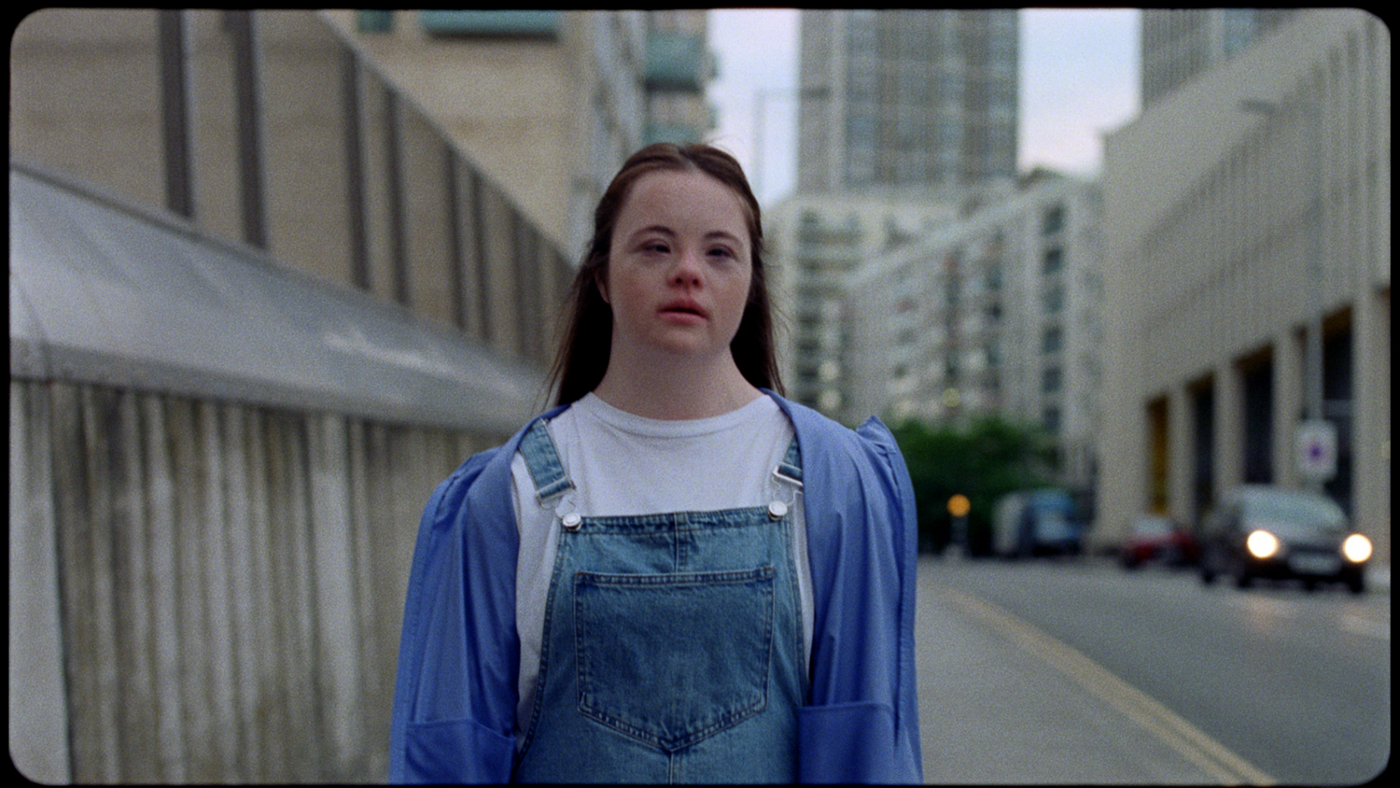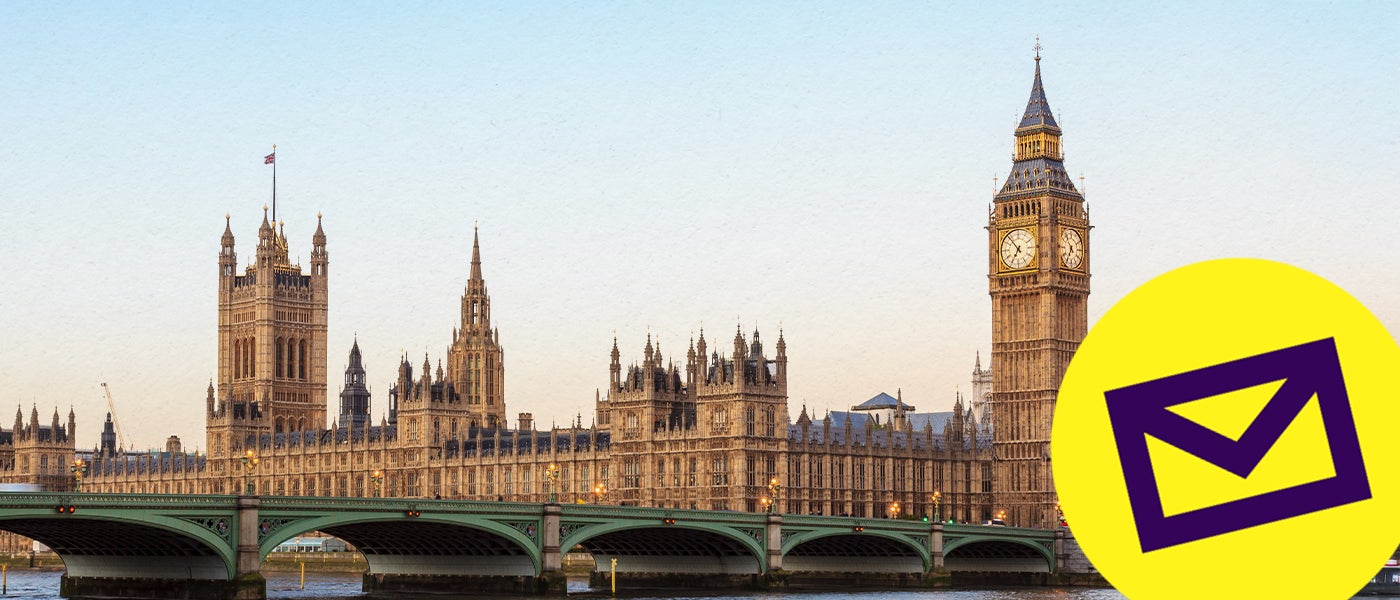- Home
- News and stories
- This year’s Paralympics must be a springboard for generational change
This year’s Paralympics must be a springboard for generational change
 5 September 2021
5 September 2021
The Paralympics has just ended, and I’ve really enjoyed this grand finale of our glorious summer of sport.
But this year we need to go beyond the competition itself. The pandemic over the last 18 months has been incredibly tough, and disabled people have been routinely forgotten. The Paralympics is a moment when disability is firmly in the global spotlight and this time the Games were like no other.
The legacy of this Paralympics must be that it is a catalyst for changing perceptions of disability. Disabled people need to be part of the discussion all year round, not just for 2 weeks every 4 years.
Our research shows 69 per cent of disabled people think the Paralympics can help tackle negative attitudes towards disabled people.
In August, the International Paralympic Committee (IPC) kicked off its WeThe15 campaign. It aims to be the biggest human rights movement to end discrimination against disabled people and transform the lives of 1.2 billion disabled people worldwide.
Everyone at Scope wholeheartedly backs this.
It comes – not a moment too soon - as 3 in 4 (72 per cent) of disabled people believe public’s perceptions of disabled people have either worsened or not shifted during pandemic.
The WeThe15 symbol represents a world where disabled people are no longer marginalised. We must unite every community in the world to start a movement for change.
We all know that our culture and society changes, but it happens over a long period and it’s not always apparent at the time. That’s why it’s incredibly encouraging this campaign is a commitment for the next 10 years.
Think back to how our attitudes and practices towards gender equality at work, drink driving, and even football fans have changed over the years. It’s often a long hard slog, even after legislation and its enforcement have been around for some time.
We are under no illusion the scale of the task.
There are a million disabled people in the UK alone who can and want to work, but are denied that opportunity. Employers are missing out on a wealth of disabled talent because of inaccessible working practices, negative attitudes, and misconceptions about disabled people. If you are a business, there is a lot that you can do.
Businesses need to look at their recruitment processes to make sure they’re inclusive, make inclusivity a priority at board level, and embrace flexible working. We know that businesses who have a diverse workforce thrive.
The Government needs to be ambitious in tackling these big issues – the disability employment gap, the fact millions of disabled people are living in poverty, our inaccessible transport network, the difficulties disabled people face getting the support they need from social care.
We all have our own role to play too. The best place to start is to listen to disabled people. We also need you to speak out if you see or hear discrimination or bullying. And champion accessibility and inclusion, whether it’s at your workplace, your local supermarket, or your local pub.
Be an ally, amplify disabled people’s voices, and add your support to campaigns for equality.
Together we can make a difference.
So, I really hope you enjoyed cheering on our Paralympians over the last two weeks. Your support is important. But at the same time, think about what you can do to make a difference.
These Games must be a springboard to a generational change. We cannot go back.
 5 September 2021
5 September 2021






